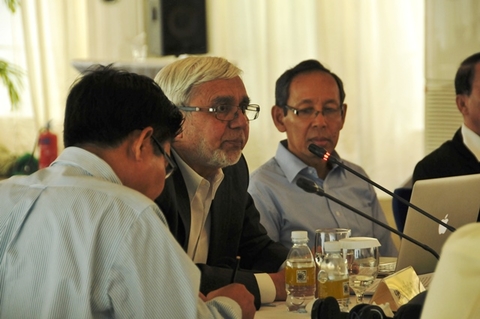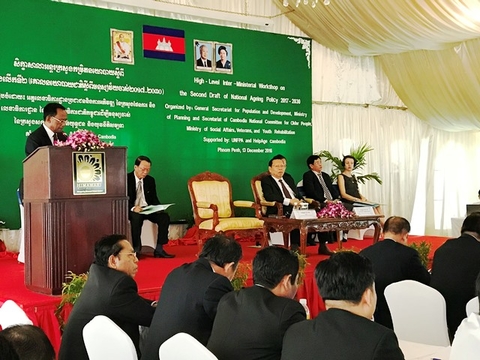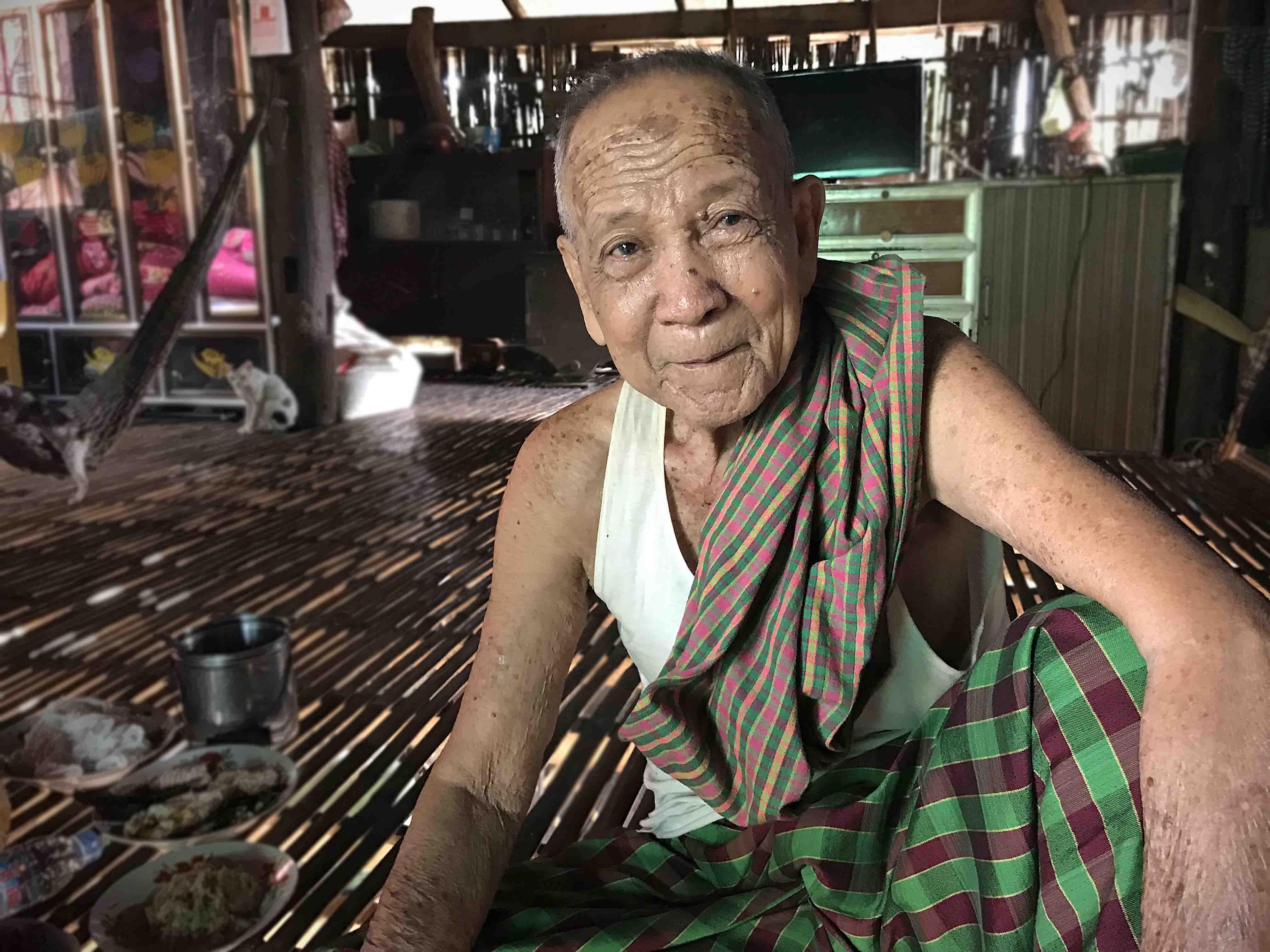Population ageing in Cambodia is a process that cannot be avoided. The share of the population in Cambodia aged 60 and above increased from 5.2% in 1998 to 7.7% in 2015. In response, the Royal Government of Cambodia has been attempting to tackle this demographic challenge to fulfill the commitments of the ICPD Programme of Action for the MIPAA through a normative framework, with national policy on ageing in place in 2003.

The National Ageing Policy is currently under joint review for in-depth revision and update by the Ministry of Planning and the Ministry of Social Affairs, Veteran and Youth Rehabilitation for which UNFPA has been playing an active role in providing both financing and technical support. Following a series of extensive consultations, including specialised meetings and High-Level Consultations, with both development partners and all stakeholders, the draft policy is being developed for further reviews and comments by the Office of the Council of Ministers.
“An ageing population poses challenges to Cambodia’s healthcare, social welfare and elderly care services, if there is no proper policy to address the growing number of older people”, emphasized Ms. Catherine Breen Kamkong, UNFPA Representative, a.i during her opening remarks at the meeting with 150 government officials and NGO representatives to discuss on the draft of the Cambodia National Policy on Ageing 2017-2030 in Phnom Penh.
According to the latest projection of UNFPA, Cambodia is experiencing a demographic shift where the proportion of older person aged 60 years and above is on the rising trend and eventually is projected to increase to 11% by 2030. This demographic trend brings both challenges and opportunity.

“We acknowledge the challenges face by older people in the country, especially those who are poor, homeless and childless”, said the Senior Minister, Excellency Chhay Than. Adding that the existing policy that was developed more than a decade ago needs to be revisited as demographic and needs keep changing within the society, especially among ageing population.
Naturally, as people reached the age of 60 year-old, they are entering into a stage of less productivity in terms of financial resource and weak physical and mental functions. Hence, their limitations of activities of daily living inhibit them from moving around home and community.
“Taking recognizance of the growing challenges and needs of the ageing population, especially vulnerable and homeless elderly; we have called for an urgent attention from relevant institutions and stakeholders to update the National Policy on Ageing which is more responsive and comprehended”, emphasized HE Vorng Sauth, Minister for Social Affairs, Veteran and Youth Rehabilitation.
He further explained that the goal of revising the policy is to promote the well-being of older persons and ensure that their participation in family and community development is well harmonized and dignified

In partnering with the HelpAge Cambodia, UNFPA has been actively supporting a series of dialogues among policy makers and programme implementers where three key areas are encouraged to discuss and reflected in the policy:
1- guaranteeing income security and access to essential health and social services for older people;
2- investing in young people today is the best way to improve the lives of future generations of older persons; and
3- involving everyone including governments, civil society, communities, families and older persons themselves, they remain active members of their societies and families.
The final draft of the policy is expected to go to the Office of the Council of Ministers in January 2017 where a close scrutiny will be made as part of approval process for formal adoption.



